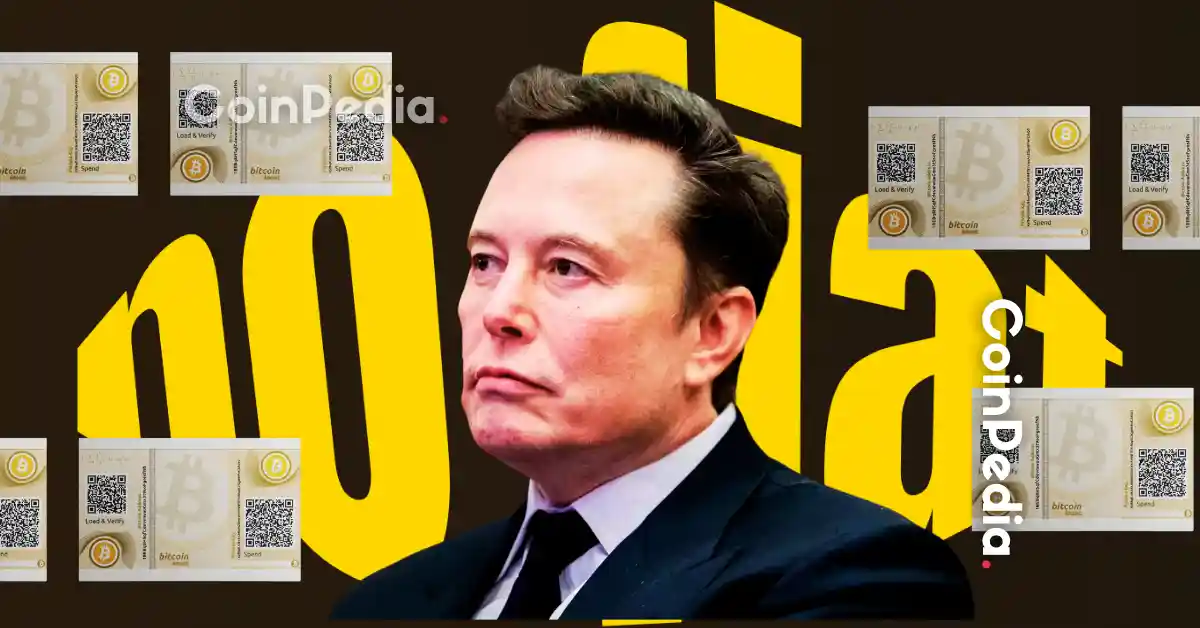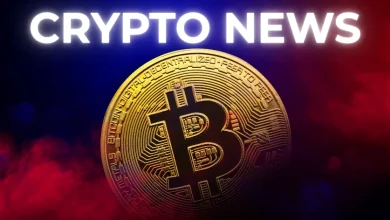
Elon Musk launches the America Party focused on Bitcoin, innovation, and opposing Trump’s “Big Beautiful Bill” stimulus plan.
Musk targets Congressional races, promoting crypto as a tool against inflation, while publicly clashing with Trump’s political base.
The announcement comes after a public fallout with President Donald Trump, driven by Musk’s opposition to what he calls the “debt slavery bill”, Trump’s heavily promoted stimulus package known as the Big Beautiful Bill.
Musk believes the legislation fuels reckless fiscal policy and deepens economic instability.
Why Bitcoin Is Central to Musk’s Political Vision
In a recent post on X, Musk declared fiat money “hopeless,” signaling a bold pivot toward digital assets in political discourse. Bitcoin, in particular, is set to be a cornerstone of the American Party’s platform.
Musk has long been a vocal advocate of cryptocurrency, with Tesla and SpaceX holding Bitcoin on their balance sheets. Now, he’s extending that vision into the political sphere, promoting Bitcoin as a tool to combat inflation and resist centralized monetary control.
Focus on Congress, Not the Presidency
While many speculated Musk may have presidential ambitions, he clarified that his immediate focus will be on Congressional races, not a run for the White House.
The American Party aims to support innovation, protect free speech, and reduce excessive regulation—while maintaining a moderate stance on divisive issues. A filing under the name “Elon Reeve Musk” for the “America Party” recently circulated on X, purportedly from the Federal Election Commission (FEC).
However, no such record exists on the official FEC website, and Musk has since denied any involvement with that filing, calling it false.
The Musk-Trump Rift Goes Public
Tensions between Musk and Trump have escalated rapidly. Following Musk’s announcement, Trump lashed out on Truth Social, labeling Musk a “TRAIN WRECK” and accusing him of going “off the rails.” The clash highlights a deeper divide between the two figures, who were once politically aligned.
Musk’s popularity among younger, tech-savvy, and pro-crypto voters is growing—putting him at odds with Trump’s base.
In response, Musk accused Trump of abandoning the political center. He launched a poll asking followers whether he should start a new party for the “80 percent in the middle.” After receiving overwhelming support, Musk moved forward with the unofficial launch of the American Party.
Backchannel Offers and Political Ambitions
Before launching his own party, Musk reportedly received outreach from political figures like Andrew Yang and Libertarian Party Chair Steven Nekhaila, urging him to support their movements. However, Musk remained focused on fighting Trump’s bill and challenging the Republicans who supported it.
He later unveiled a loose political strategy, criticizing both Democrats and Republicans as a “uniparty” lacking meaningful differences. Though some have speculated about Musk’s presidential ambitions, the U.S. Constitution bars him from running—as he was born in South Africa. This limitation restricts the leadership options of the American Party but hasn’t dampened its momentum.
Never Miss a Beat in the Crypto World!
Stay ahead with breaking news, expert analysis, and real-time updates on the latest trends in Bitcoin, altcoins, DeFi, NFTs, and more.
FAQs
Elon Musk’s public fallout with President Trump was primarily driven by Musk’s strong opposition to Trump’s “Big Beautiful Bill,” a stimulus package. Musk believes this legislation fuels reckless fiscal policy and exacerbates economic instability, leading him to accuse Trump of abandoning the political center.
Bitcoin is a cornerstone of Elon Musk’s political vision. He views fiat money as “hopeless” and advocates for Bitcoin as a tool to combat inflation and resist centralized monetary control. His “American Party” aims to incorporate digital assets into its platform.
Trump’s “Big Beautiful Bill,” signed on July 4, 2025, is a comprehensive package that includes substantial tax cuts, funding for national security and border initiatives, and significant cutbacks to Medicaid and food stamps, aiming to reshape the U.S. tax system and address fiscal concerns.
Trust with CoinPedia:
CoinPedia has been delivering accurate and timely cryptocurrency and blockchain updates since 2017. All content is created by our expert panel of analysts and journalists, following strict Editorial Guidelines based on E-E-A-T (Experience, Expertise, Authoritativeness, Trustworthiness). Every article is fact-checked against reputable sources to ensure accuracy, transparency, and reliability. Our review policy guarantees unbiased evaluations when recommending exchanges, platforms, or tools. We strive to provide timely updates about everything crypto & blockchain, right from startups to industry majors.
Investment Disclaimer:
All opinions and insights shared represent the author's own views on current market conditions. Please do your own research before making investment decisions. Neither the writer nor the publication assumes responsibility for your financial choices.
Sponsored and Advertisements:
Sponsored content and affiliate links may appear on our site. Advertisements are marked clearly, and our editorial content remains entirely independent from our ad partners.








